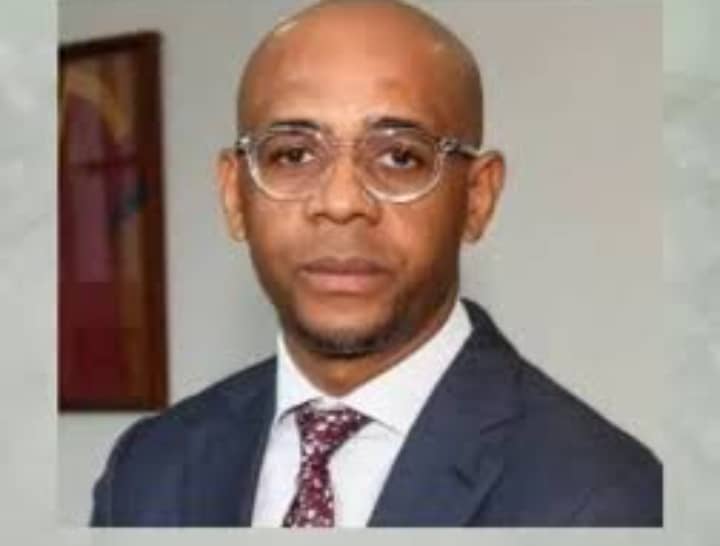By Thomas Danjuma Abu
In the complex realm of political power, the case of Equatorial Guinea’s high-ranking security official, Balthazar Ebang Engonga, is an emblematic cautionary tale. Known as a defender of government interests, Engonga now stands on precarious ground, with his private life subject to a level of scrutiny that mirrors the power he wielded. Engonga’s entanglement in a scandal involving hundreds of tapes reportedly depicting his intimate encounters underscores a troubling convergence of power and pleasure—a convergence that history has repeatedly shown to be fraught with peril.
A poignant African proverb warns, “The man who chases two rats will catch neither.” Engonga, with his dual pursuit of authority and indulgence, may have believed himself adept at managing both. However, his ambitions have led him down a path where personal desire and professional duty become indistinguishable, ultimately diluting his moral standing. His story raises important ethical questions about the limits of human desire, the responsibilities of power, and the dangers that arise when one overestimates their immunity from scrutiny.
Power, by its very nature, demands integrity. Leaders entrusted with public roles are not merely guardians of governmental structures; they are the keepers of societal trust. Engonga’s alleged choices—particularly if these private encounters occurred within government offices—expose a concerning disregard for the ethical responsibilities inherent to public service. In breaching the sanctity of these spaces, he has violated not only institutional trust but also the implicit contract of accountability that public officials owe to the people. The public expects these figures to transcend personal urges for the sake of collective well-being—a principle Engonga appears to have disregarded.
Philosophers have long debated the allure and the burden of power. According to the ancient philosopher, Seneca, “He who indulges in every pleasure, who imposes upon himself no restrictions, is hardly in command of himself.” Engonga’s scandal suggests a loss of self-command that speaks to a deeper philosophical issue: the blurring of boundaries between self-interest and public duty. He serves as a modern example of the tragic hero, one whose hubris blinds him to the ethical lines he continually crosses.
A further African maxim reminds us, “When the mouse laughs at the cat, there’s a hole nearby.” Engonga’s actions reflect an overconfidence in his perceived immunity, a dangerous miscalculation of the limits of his power. The absence of accountability renders power an intoxicant, one that can dissolve the moral compass meant to guide a public servant. While his actions may not infringe upon legal boundaries, they violate moral standards that undergird societal stability.
Public office, particularly roles imbued with sensitive information and security responsibilities, demands a code of conduct that extends beyond the letter of the law to encompass a reverence for ethical boundaries. It may be time to consider binding ethical codes that apply specifically to public figures, ensuring that the trust placed in them by society is not subjected to the whims of their private lives. Boundaries, fidelity, and accountability are not mere formalities; they are the lifeblood of a society in which power is a privilege rather than a right.
As the African saying goes, “The monkey’s tail may be long, but it won’t touch the ground.” Engonga may have evaded scrutiny for a time, but one cannot remain shielded from ethical accountability forever. His story serves as a reminder that when power and pleasure intertwine, they create a tempest of conflict that often results in moral and professional ruin.
Ultimately, Engonga’s scandal should prompt society to reevaluate the standards it holds for those in public service, encouraging a culture where power is held with humility and integrity, not as an avenue for indulgence. As a collective, we must remind our leaders that the public’s trust is sacred—and that its breach has profound consequences.
Abu can be reached at danjumaabu3750@gmail.com or +2348062380296.
Peoplesmind


